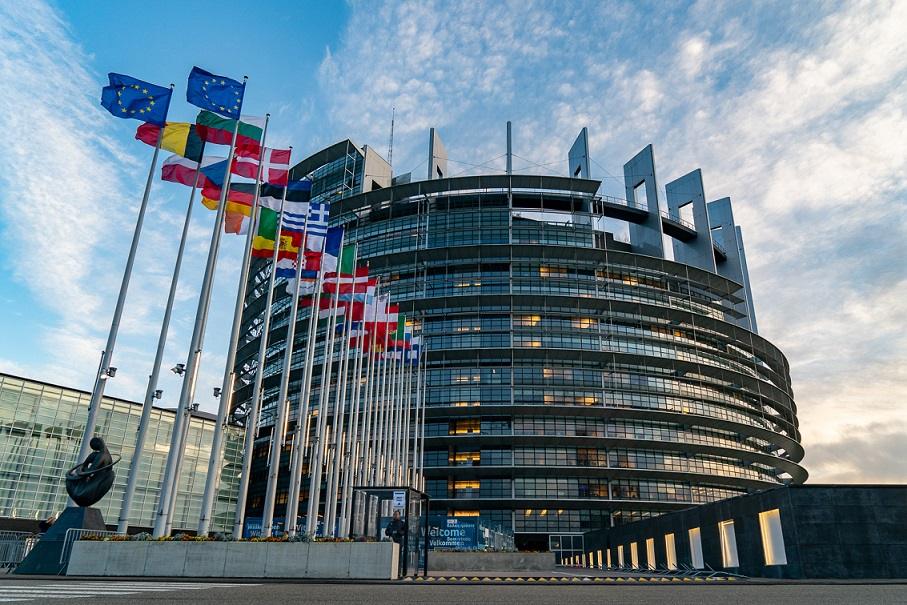Lawmakers in the European Parliament voted 564 – 20 today to approve proposed changes to approve proposed changes to the Carbon Border Adjustment Mechanism (CBAM), the EU’s carbon tax on imported goods, which would exempt the vast majority of importers from the CBAM rules, while allowing the mechanism to continue to cover nearly all emissions from imports across key carbon-intensive sectors.
The proposed changes form part of the European Commission’s Omnibus I package, launched in February 2025, aimed at significantly reducing the sustainability reporting and regulatory burden on companies. Many of the most significant measures proposed by the Omnibus package are targeted at smaller businesses, in alignment with the recent release by the Commission of its “Competitiveness Compass” aimed at boosting Europe’s productivity and global competitiveness, which included goals to reduce reporting burdens by at least 25% for all companies, and 35% for SMEs.
Adopted in 2023, and coming into force in 2026, CBAM was established to avoid “carbon leakage,” a situation in which companies move production of emissions intensive goods to countries with less stringent environmental and climate policies. CBAM is aimed at equalizing the price of carbon paid for EU products operating under the EU Emissions Trading System (ETS) – the EU’s internal cap and trade carbon pricing mechanism – with that paid for products produced in other countries, with companies that import into the EU required to purchase CBAM certificates in order to make up the difference.
The most significant change to CBAM under the Commission’s proposals is the introduction of a new 50 tonne threshold, eliminating 90% of importers – primarily small and medium-sized enterprises – from the scope of the regulation. Despite removing approximately 182,000 importers, however, the Commission said that more than 99% of emissions from iron, steel, aluminum and cement imports will still be covered by CBAM. The new proposals also include simplifications around the calculation of emissions and other reporting requirements.
The vote by MEPs broadly endorsed the Commission’s CBAM proposals under the Omnibus package, with only technical amendments for clarification purposes included in Parliament’s position. The vote establishes Parliament’s position for negotiations with the European Council to shape the final legislation.
Following the vote, rapporteur Antonio Decaro said:
“The CBAM is a crucial instrument to help the EU prevent carbon leakage and incentivise climate action outside the EU. I am therefore glad that Parliament decided not to reopen other provisions of the CBAM legislation. This approach enables us to simplify matters for companies without dismantling or weakening the CBAM. We will continue to work quickly to bring legal clarity and certainty to all CBAM stakeholders.”

